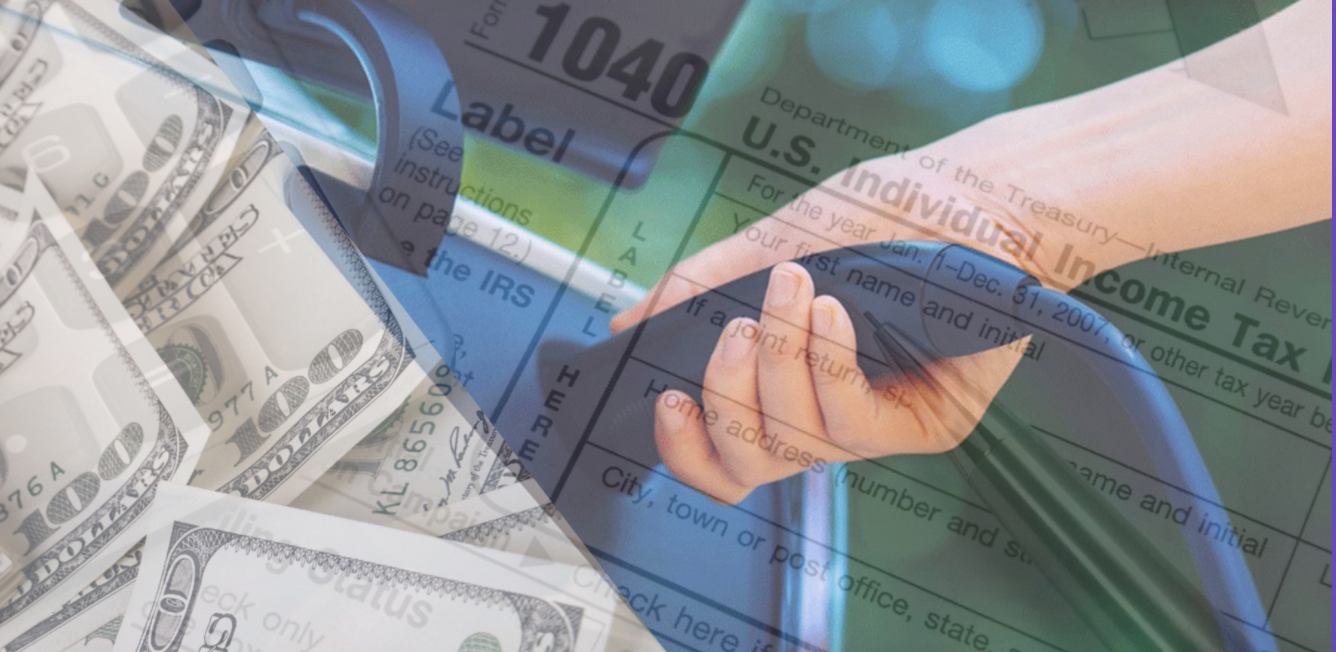Federal Tax Credit Up To $7,500 for Electric Vehicles
Did you know?
All-electric and plug-in hybrid cars purchased new in or after 2010 may be eligible for a federal income tax credit of up to $7,500. The credit amount will vary based on the capacity of the battery used to power the vehicle. State and/or local incentives may also apply.
Small neighborhood electric vehicles do not qualify for this credit, but they may qualify for another credit.
How much is the federal tax credit?
First and foremost, it’s important to understand three little words the government slips in front of the $7,500 credit – “may” and “up to.” As in, you may qualify for up to $7,500 in federal tax credit for your electric vehicle. At first glance, this credit may sound like a simple flat rate, but that is unfortunately not the case.
For example, if you owned a Nissan LEAF and owed say, $3,500 in income tax this year, then that is the federal tax credit you would receive. If you owed $10,000 in federal income tax, then you would qualify for the full $7,500 credit. It’s important to note that any unused portion of the $7,500 is not available as a refund, nor as a credit for next year’s taxes.
Other federal tax credit rules to note as an electric vehicle owner
First, understand that these federal tax credits will not last forever, and they may have already expired for your vehicle. As the demand for electric vehicles increases, sales push certain manufacturers over the predetermined threshold of qualified sales… at least for now.
This includes US automakers like Tesla, who topped over 200,000 qualified plug-in electrics sold a few years ago, and as a result no longer qualifies for any federal tax credit. Fear not, Tesla owners, there are still ways to save money on your EV purchase! See the “tax incentives for Tesla buyers” section below.
Another important rule to keep in mind is that the federal tax credit cannot be passed on. This credit applies to the original registered owner only. That means any used EVs you already have or are going to purchase are already disqualified.
Same rules apply to any lease on an electric vehicle as well. In this case, the tax credit goes to the manufacturer that’s offering the lease to you. However, an automaker might be willing to apply the tax credit into the cost of your lease to help lower your payments, but that’s not guaranteed. It’s definitely worth an ask!
Does your electric vehicle qualify for tax credit?
Now that you understand what hurdles you may have to overcome to qualify for the federal tax credit, let’s see how much that EV in your driveway might be able to save you this year.
Please note that these qualifying vehicles are relevant at the time the article has been published. To see a complete list of qualified electric vehicles, click here.
Tax incentives on electric vehicles are worth the research
Hopefully this post has helped to incentivize you to use the resources above to your advantage.
Whether it’s calculating potential savings or rebates before making a new EV purchase or determining what tax credits might already be available to you for your current electric vehicle, there is much to discover.
Ditching fossil fuels for greener roadways should already feel rewarding, but right now the government is willing to reward you further for your environmental efforts.
Use it to your full capability while you can, because as more and more people start going electric, the less the government will need to reward drivers.
Sources:
https://electrek.co/2022/01/21/which-electric-vehicles-still-qualify-for-us-federal-tax-credit/#h-plug-in-hybrid-electric-vehicles-phevs
https://www.irs.gov/irb/2009-30_IRB
This content is developed for educational purposes only. Please consult legal or tax professionals for specific information regarding your individual situation. The opinions expressed and material provided are for general information, and should not be considered a solicitation for the purchase or sale of any security.




